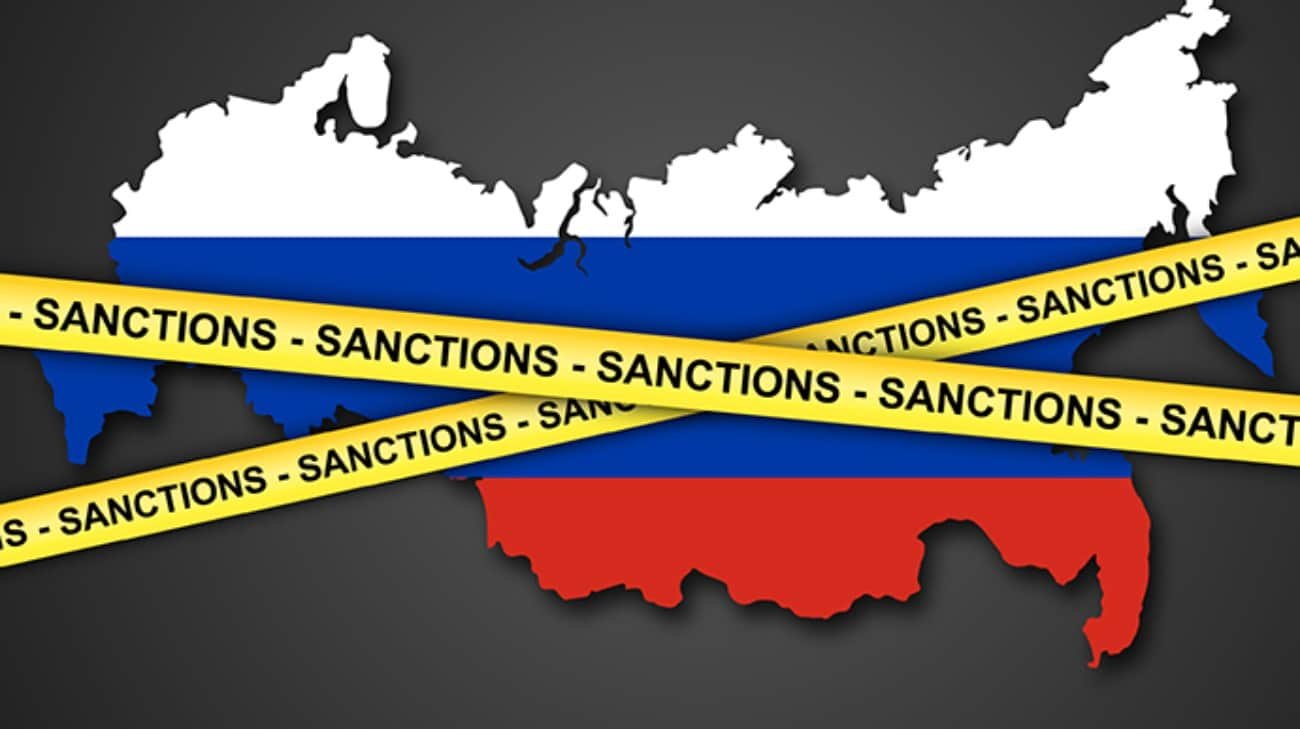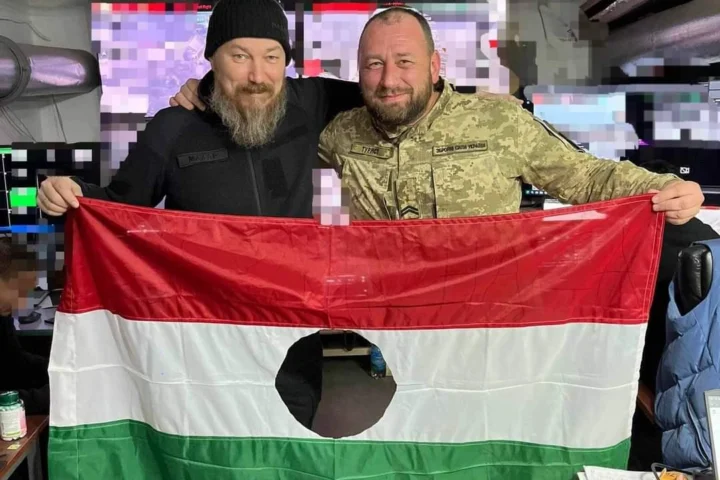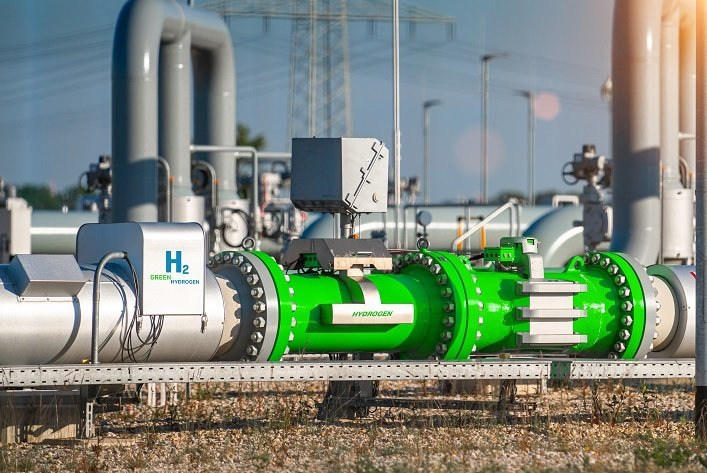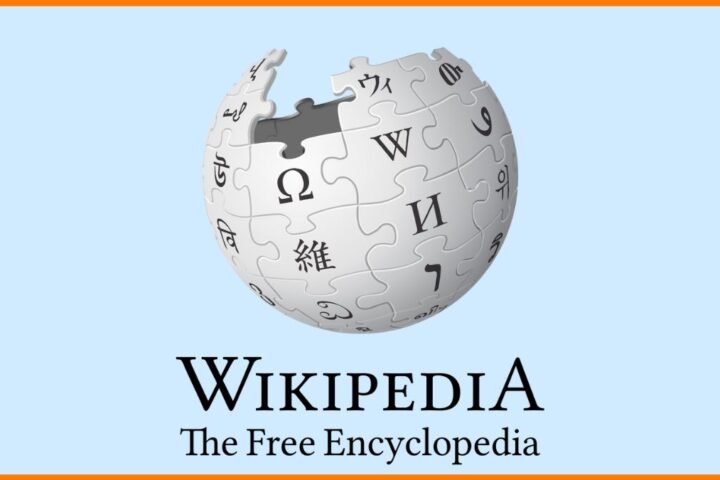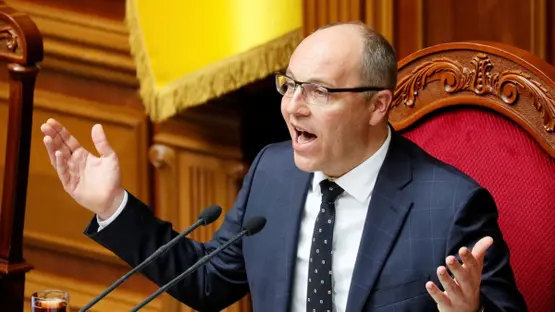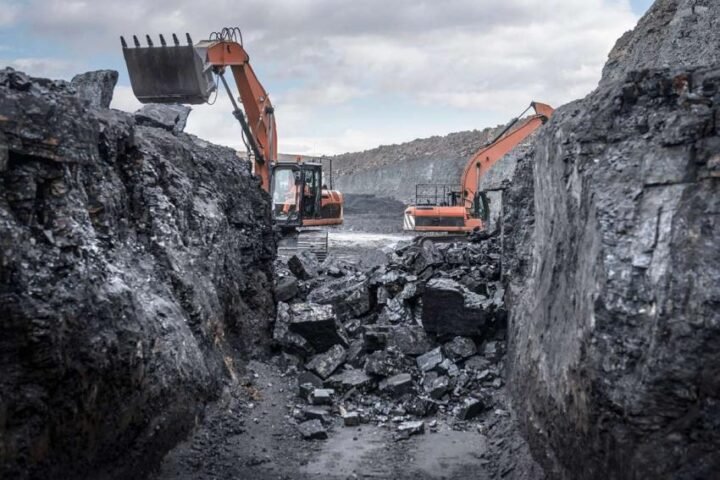On July 15, the European Union failed to approve its 18th sanctions package against Russia after Slovakia and Malta withheld support, delaying a critical vote despite mounting pressure from other member states to tighten restrictions on Moscow’s war economy.
The package, designed to cut deeper into Russia’s energy and defense income streams, includes a proposed reduction of the price cap on Russian oil and a ban on trade with entities linked to the Nord Stream 1 and 2 gas pipelines. It also targets banks suspected of helping Moscow circumvent existing restrictions. The measures aim to curb the Kremlin’s ability to finance its ongoing invasion of Ukraine.
Slovakia demands exemption for Russian gas contract
Bratislava’s opposition centers on long-term gas supply concerns. Prime Minister Robert Fico has insisted that Slovakia should be granted an exemption allowing it to fulfill its existing contract with Russia’s Gazprom until 2034, claiming the country needs energy stability beyond 2028. Fico described this as a necessary “comfort clause” for his country’s energy security.
However, the European Commission has categorically rejected this demand, arguing that such an exemption would undermine the entire sanctions framework and directly contradict the EU’s strategic goal of phasing out dependence on Russian fossil fuels. EU officials believe granting Slovakia’s request would signal a breach in collective resolve and send the wrong message to Moscow.
Malta objects to stricter oil price cap
Malta has raised concerns over the proposed lowering of the oil price ceiling for Russian exports, a mechanism initially introduced to limit Moscow’s profits without causing supply disruptions. While the island nation has not detailed its objections publicly, diplomats familiar with the talks say Valletta is pushing for a more gradual adjustment, citing economic repercussions for shipping-linked industries.
EU unity under strain
Ukrainian officials have sharply criticized the continued blockade of the sanctions package, warning that it threatens not only Ukraine’s defense but the integrity of the European project itself.
“Blocking sanctions against an aggressor is not a neutral gesture — it’s political corruption dressed as peacekeeping,” Kyiv has said in statements aimed at Brussels. Ukrainian leaders argue that the Slovak and Maltese positions play into the Kremlin’s hands, eroding cohesion within the EU and providing Russia with a potential template to exploit other divisions.
Ukraine is calling for institutional reform of EU decision-making on security and sanctions, pressing for mechanisms that would prevent “blackmail” by individual governments pursuing narrow national interests. Officials stress that the war is not a bilateral issue but a systemic threat to European stability and values.
Energy interests vs. European solidarity
Observers note that Slovakia, while citing economic pragmatism, continues to benefit from low-cost Russian gas, effectively subsidized by a regime waging war on a neighboring democracy. Critics argue that Bratislava is attempting to trade solidarity for short-term energy gains, potentially encouraging similar behavior by other EU states.
In response, Kyiv is urging the EU to strengthen compensation mechanisms for energy-dependent members — but strictly in exchange for strategic alignment, not concessions to authoritarian regimes. “Gas cannot become currency in negotiations with a dictatorship,” one Ukrainian official said.
The deadlock has raised alarms about the resilience of the EU’s sanctions regime. Diplomatic sources in Brussels warn that without a firm pushback against Slovakia’s position, other governments might follow suit, fracturing the union’s approach and emboldening Moscow.
The decision now rests with European leaders to either hold the line — or risk unraveling years of coordinated pressure against Russia.
